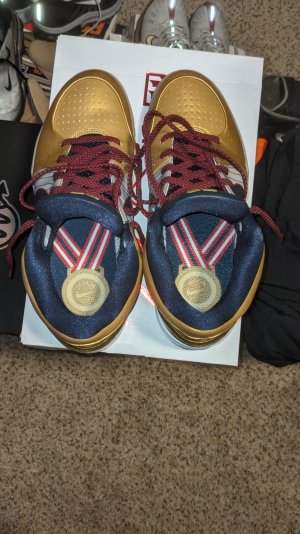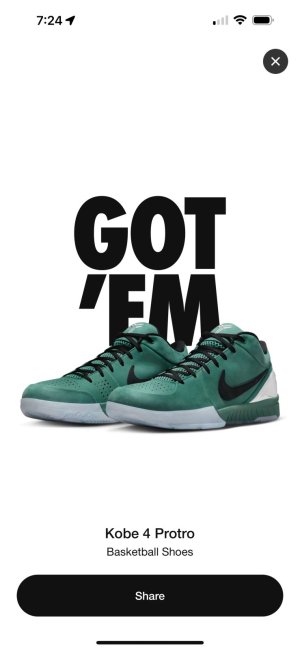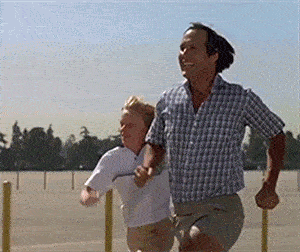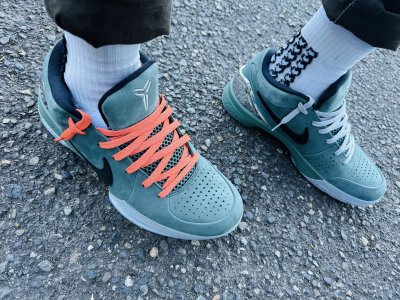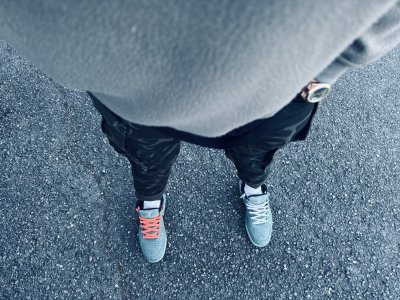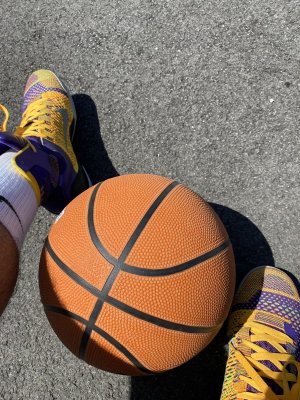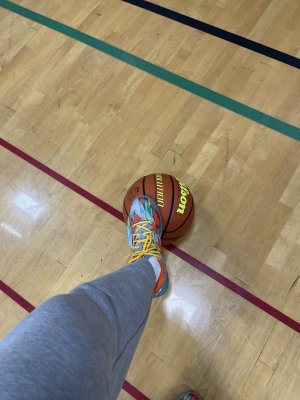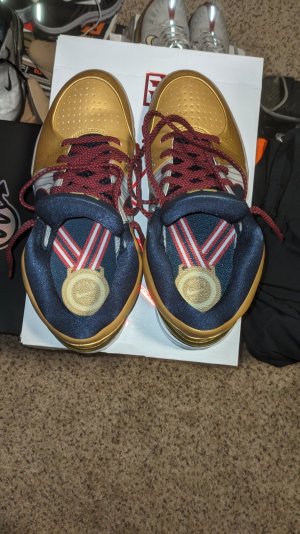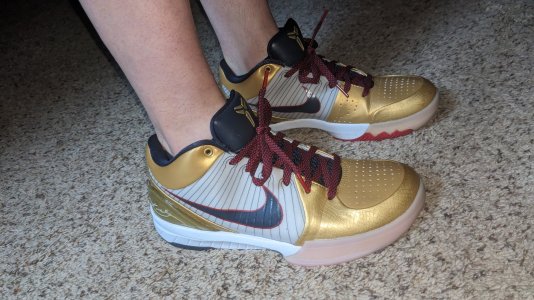- 43,402
- 42,953
- Joined
- Oct 10, 2013
3’s look good now in comparison to the garbage Nike makes now. At the very least the materials were niceI didn’t appreciate the 3s when they came out. But man they’re. It saddens me that we won’t be receiving retros of these anytime soon. Here’s a picture of demar rockin them recently. (Not my photo)







